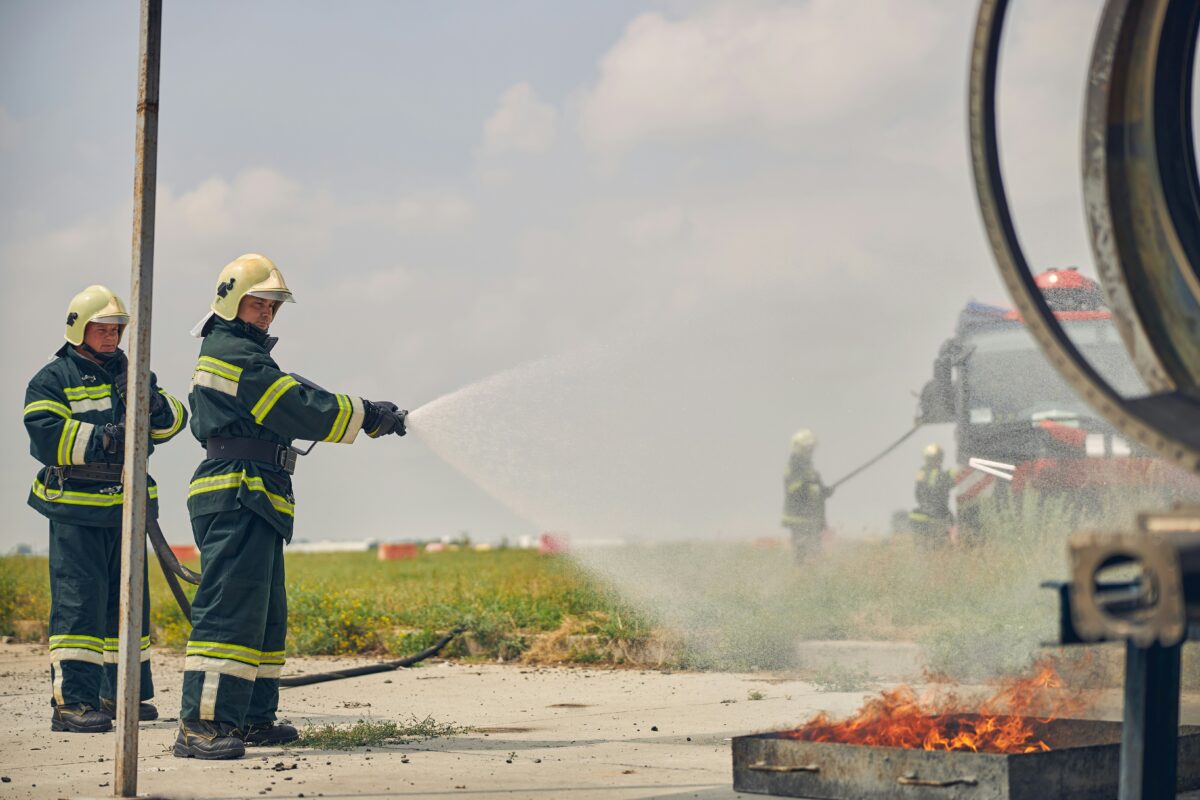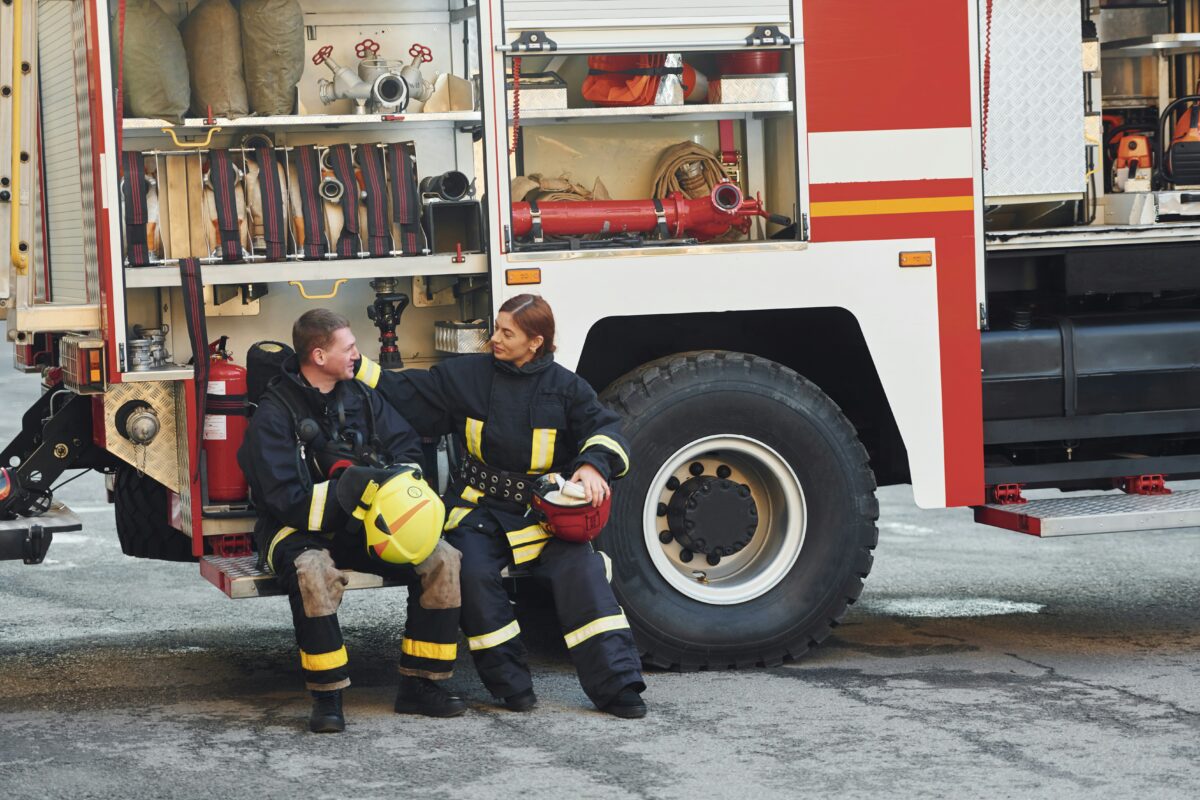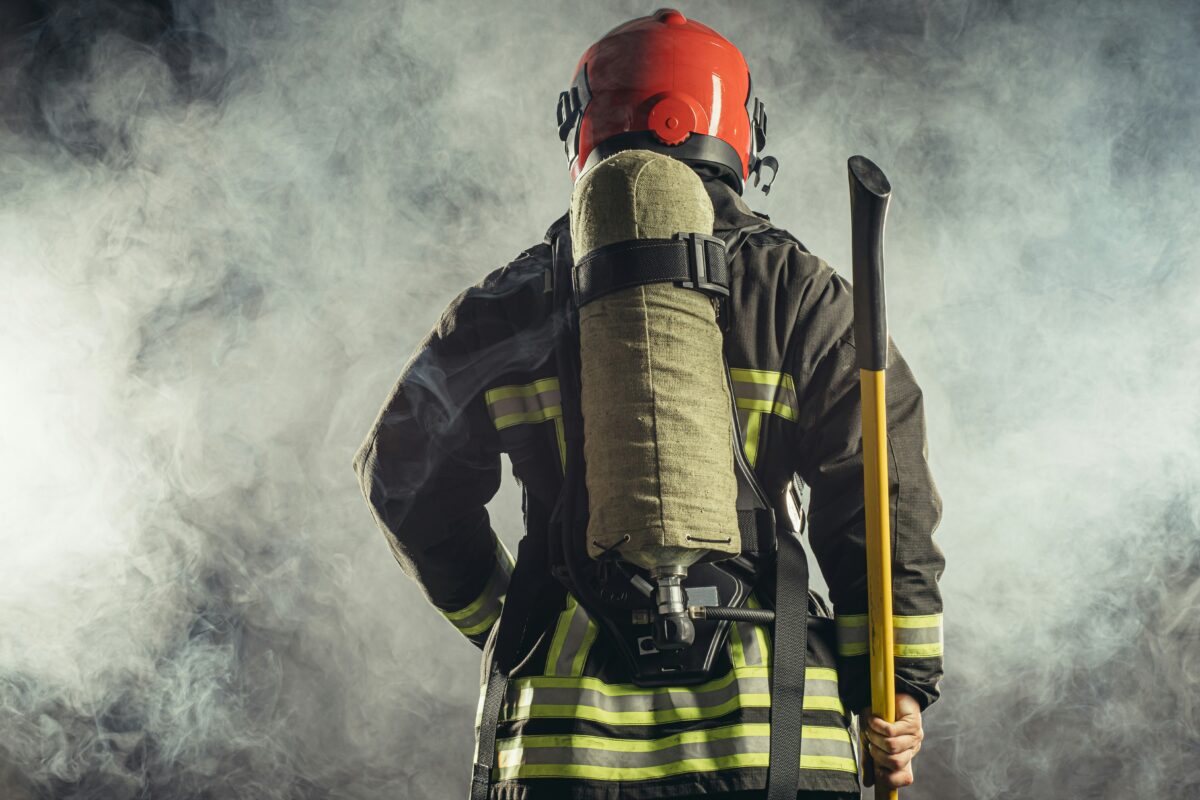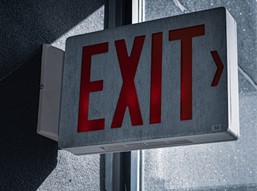Achieving sustained business growth is not just about expanding in size but also about ensuring that development is stable, profitable, and manageable. In today’s competitive market, businesses that maintain steady growth often outperform those that experience erratic expansions or contractions. A solid growth strategy lays the groundwork for sustainable success by focusing on long-term objectives.
A critical part of driving business growth is the ability to identify and act upon strategic insights. These insights provide valuable guidance, enabling businesses to adapt to market changes and consumer behaviors, optimize their operations, and make informed decisions. This article examines how strategic insights can be leveraged to achieve sustained business growth while navigating both opportunities and challenges.
Analyzing Market Trends for Long-Term Growth
One of the most essential elements in developing a business growth strategy is the ability to analyze market trends effectively. By understanding the dynamics of your industry, including customer demands, technological advancements, and economic shifts, you can better position your business to capitalize on opportunities. Staying attuned to trends enables strategic adaptations, whether introducing new products and services or enhancing existing offerings.
For sustained business growth, your company needs to stay ahead of industry disruptions. Tracking trends helps businesses plan for the future and enables them to pivot when necessary. It’s vital to invest in research and analytics tools that can provide real-time data on emerging trends, giving your business a competitive edge.
Building a Resilient Organizational Structure
A robust organizational structure plays a key role in supporting sustained business growth. As your company grows, it is essential to ensure that its internal processes and team dynamics evolve accordingly. A scalable business structure allows you to expand efficiently while maintaining flexibility in responding to changing market conditions.
Investing in talent development and leadership is also crucial. Skilled managers and leaders drive strategic decisions, foster innovation, and ensure operational excellence. Fostering a culture of continuous improvement within the organization empowers your team to work toward common goals and enhances the overall growth trajectory.
Leveraging Technology for Operational Efficiency
Embracing technology is a critical factor in achieving sustained business growth. Automation, data analytics, and other technological innovations streamline business operations, enhancing efficiency. By adopting the latest tools and systems, businesses can reduce costs, optimize workflows, and improve productivity across departments.
Furthermore, technology can improve customer experience, which is directly linked to business growth. A seamless, tech-driven customer experience builds loyalty and satisfaction, ensuring repeat business and positive word-of-mouth referrals. With the right tools, companies can offer personalized experiences that differentiate them from the competition.
Developing a Customer-Centric Growth Strategy
To fuel sustained business growth, you must prioritize customer satisfaction and loyalty. Building long-term relationships with your customers requires understanding their needs, desires, and pain points. A customer-centric approach focuses on delivering solutions that directly address these factors, creating an environment where customers feel valued.
Investing in customer feedback systems and conducting regular surveys allows businesses to gain valuable insights into what drives customer behavior. This information is essential for adapting your products, services, and marketing strategies. A loyal customer base is one of the most significant contributors to long-term growth, making customer retention a priority in any strategic plan.
Navigating Economic and Market Cycles
Another vital aspect of sustained business growth is the ability to navigate through different economic and market cycles. Whether it’s a boom period or a downturn, businesses must remain agile and adapt their strategies to the environment. Resilience during challenging times often defines a business’s longevity, and companies that can weather economic storms tend to emerge stronger.
Building a diversified portfolio of products or services can buffer your business from external factors that may negatively impact a specific segment of your operations. Moreover, fostering a flexible mindset within your team enables your organization to pivot and adjust course when necessary. This adaptability is crucial for sustaining growth in unpredictable market conditions.
Effective Leadership and Vision for the Future
Strong leadership is at the core of any successful business growth strategy. Leaders must have a clear vision of where the company is heading and be capable of inspiring their teams to work toward that vision. Setting measurable goals and creating a strategic roadmap for achieving them helps align the efforts of everyone involved.
A successful leader is also one who fosters collaboration, innovation, and creativity. Encouraging a culture of openness, where new ideas are welcomed, can foster innovation and provide opportunities for growth and development. Additionally, strong leadership ensures that businesses remain focused on their long-term objectives, avoiding distractions from short-term challenges.
Capitalizing on Strategic Partnerships
Strategic partnerships can significantly contribute to sustained business growth by opening new avenues for revenue generation and market expansion. Collaborating with complementary businesses or forming alliances can help you tap into new customer bases, share resources, and reduce costs.
Whether through joint ventures, co-marketing opportunities, or partnerships that provide access to new technologies, the right collaborations can enhance your company’s competitive advantage. Building strong relationships with key partners can result in long-term benefits that contribute to your company’s growth and stability.
Sustained business growth is an ongoing process that requires careful planning, continuous adaptation, and a deep understanding of both internal operations and the external market. By applying strategic insights in areas like market trend analysis, organizational structure, technology adoption, and customer relations, businesses can position themselves for long-term success.
Implementing these strategies and remaining agile ensures that businesses can navigate challenges and seize opportunities, keeping them on a path toward sustained growth. Whether you’re a startup or an established business, the key to long-term success lies in maintaining a forward-thinking approach, leveraging insights, and fostering an environment of innovation and resilience.











